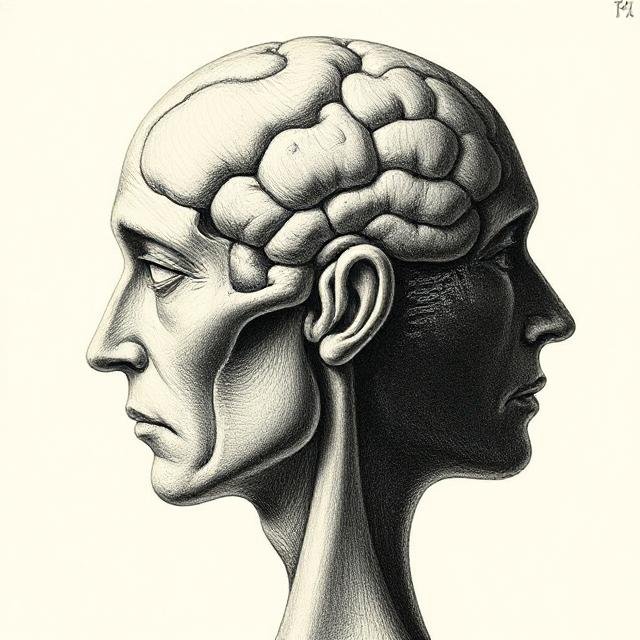Introduction
Bipolar disorder is a chronic mental health condition characterized by extreme mood swings, including manic, hypomanic, and depressive episodes. Effective management requires a comprehensive approach that combines pharmacological treatments, psychosocial interventions, and lifestyle modifications. This guide provides an overview of current best practices and emerging therapies in the treatment of bipolar disorder.
Pharmacological Treatments
First-Line Medications
The cornerstone of pharmacological treatment for bipolar disorder includes:
- Mood Stabilizers: Lithium remains a first-line treatment for bipolar disorder, particularly effective in preventing manic episodes and reducing suicide risk .
- Atypical Antipsychotics: Medications such as quetiapine and lurasidone are effective across all phases of bipolar disorder, including acute mania, depression, and maintenance therapy .
- Anticonvulsants: Lamotrigine is effective in preventing depressive episodes, while valproate is used for acute mania and maintenance .
Adjunctive and Alternative Therapies
- Antidepressants: These are used cautiously due to the risk of triggering manic episodes. They are often prescribed alongside mood stabilizers or antipsychotics .
- Long-Acting Injectable Antipsychotics: These formulations improve medication adherence and are beneficial for patients with chronic conditions .
- Ketogenic Diet: Emerging research suggests that a high-fat, low-carbohydrate diet may stabilize mood and alleviate depressive symptoms in some patients .
Psychosocial Interventions
Cognitive Behavioral Therapy (CBT)
CBT helps individuals identify and modify negative thought patterns and behaviors, improving mood regulation and coping strategies .
Interpersonal and Social Rhythm Therapy (IPSRT)
IPSRT focuses on stabilizing daily routines and improving interpersonal relationships, which can reduce the frequency of mood episodes .
Psychoeducation and Family Therapy
Educating patients and their families about the disorder enhances understanding, improves treatment adherence, and provides support systems to manage the condition effectively .
Lifestyle Modifications and Complementary Approaches
Dietary Interventions
- Omega-3 Fatty Acids: While some studies suggest benefits, evidence remains inconclusive regarding their effectiveness in treating bipolar disorder .
- Ketogenic Diet: As mentioned, this diet may offer mood-stabilizing effects for certain individuals .
Exercise and Sleep Regulation
Regular physical activity and maintaining consistent sleep patterns are crucial in managing bipolar disorder. Exercise can alleviate depressive symptoms, while sleep regulation helps prevent mood swings .
Emerging Treatments and Research
Recent studies have explored innovative approaches to treating bipolar disorder:
- Repetitive Transcranial Magnetic Stimulation (rTMS): This non-invasive procedure has shown promise in treating bipolar depression with high response and remission rates .
- Intranasal Ketamine: Investigated for its rapid antidepressant effects, ketamine may offer a new avenue for treatment-resistant bipolar depression .
- Faecal Microbiota Transplantation (FMT): A case study reported sustained remission of bipolar symptoms following FMT, suggesting a potential link between gut health and mood regulation .
Conclusion
The treatment of bipolar disorder has evolved significantly, with advancements in pharmacology, psychotherapy, and lifestyle interventions. A personalized approach, considering individual patient needs and preferences, remains essential for effective management. Ongoing research continues to uncover new therapies, offering hope for improved outcomes in the future.













